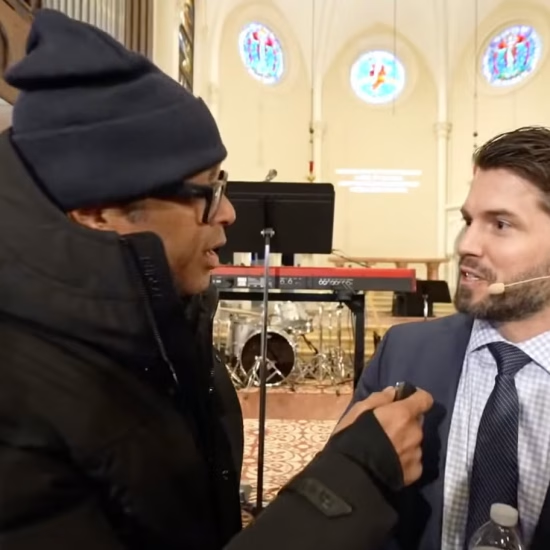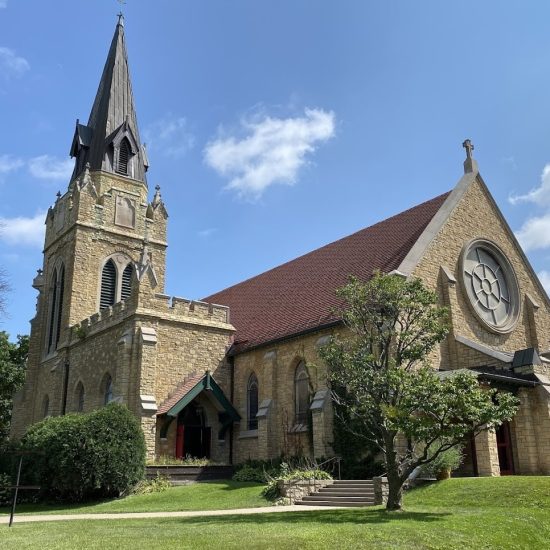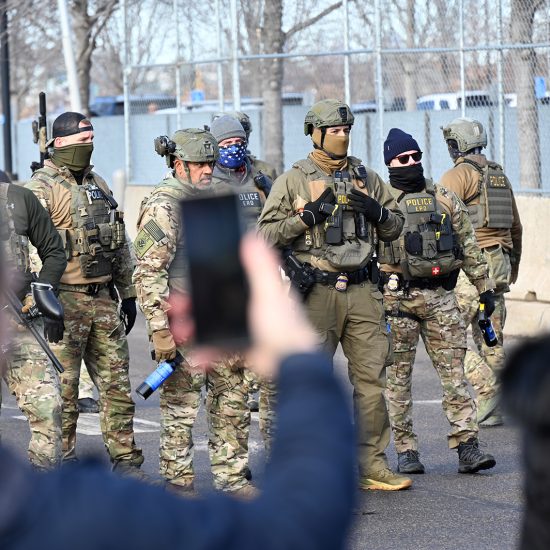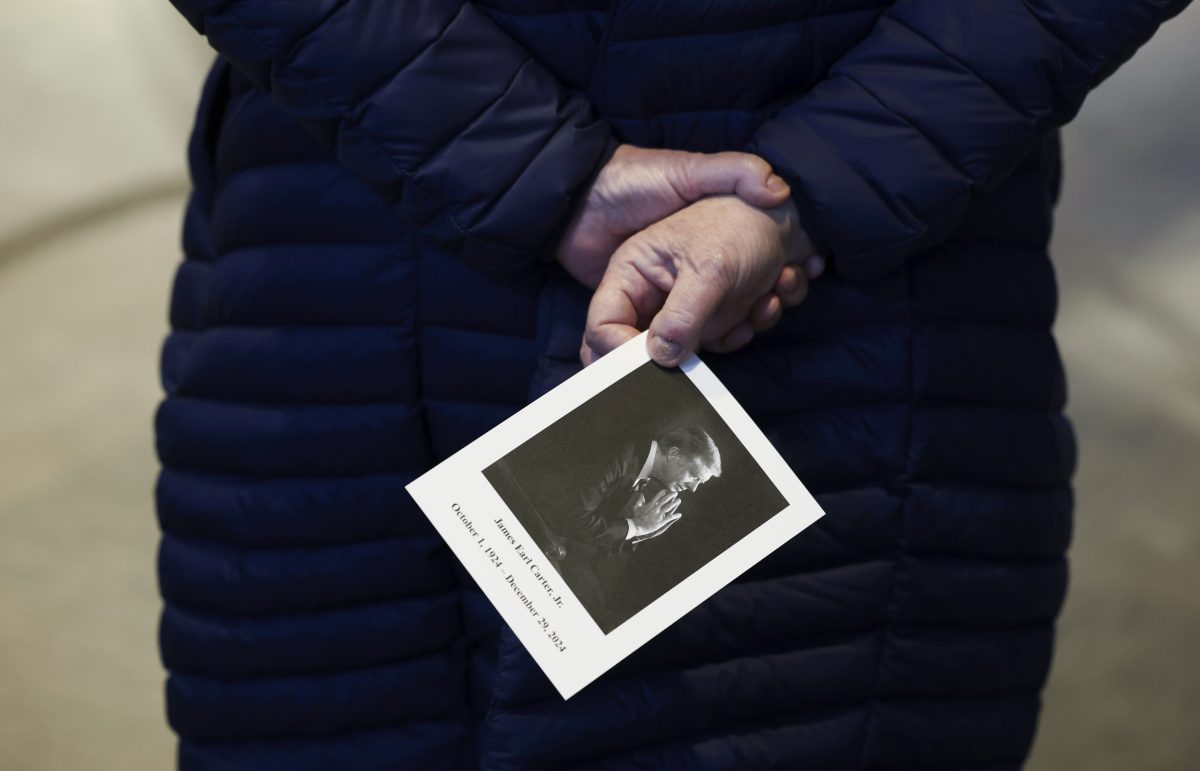
As journalists and commentators continue printing pieces on the life and legacy of the late Jimmy Carter, the faith of the most famous Baptist Sunday School teacher often gets mentioned. But one detail rarely shows up: What kind of Baptist was Carter for the past quarter century? If you go looking in news reports, you likely won’t find the answer. He was part of the Cooperative Baptist Fellowship.
Outside of Baptist publications, only one reporter has quoted the leader from Carter’s denomination. Jack Jenkins of Religion News Service included a statement by Paul Baxley, CBF executive coordinator, and briefly noted Carter’s history with the group. Other than that, Carter’s ties to the CBF only received reference in an Atlanta Journal-Constitution piece, a Nashville Tennessean article, a New York Magazine piece, and another RNS article. Hundreds of news articles since Carter’s death have mentioned he served as a Sunday School teacher and also included his past affiliation with the Southern Baptist Convention. Yet, I can count on one hand how many included a reference to the CBF.
Oddly, dozens of news articles mention Carter left the Southern Baptist Convention without ever explaining where he went. For instance, the Associated Press reported that Carter “disaffiliated from Southern Baptists,” CNN noted he “cut ties with” the SBC, and Fox News said that he resigned from the SBC. But Carter didn’t become a “none” or religiously unaffiliated.
If denominational identification didn’t matter, then the news articles would just call him a “Baptist” instead of writing “Southern Baptist.” But hundreds of articles added the word “Southern” while never mentioning “Cooperative.” Explaining his new denominational home adds context to his spiritual journey and helps explain his faith. After all, not all Baptists are the same — which is precisely why Carter spent the last years of his life as a Cooperative Baptist instead of a Southern Baptist.
Such diversity among Baptists could even be seen with the speakers for the Capitol Rotunda service yesterday (Jan. 7) as Carter’s coffin was brought in for him to lie in state: Senate Majority Leader John Thune, whose church is part of Converge (formerly known as the Baptist General Conference); Speaker Mike Johnson, whose church is in the SBC; and Vice President Kamala Harris, whose church is dually-aligned with the National Baptist Convention USA and American Baptist Churches USA. There are important differences between those three politicians and their Baptist churches.
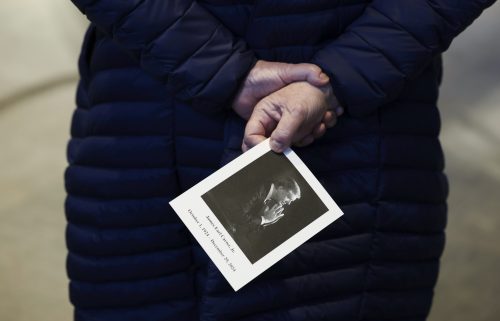
A mourner carries a picture of former President Jimmy Carter as she stands near his casket as he lies in repose at the Jimmy Carter Presidential Library and Museum in Atlanta, Georgia, on Jan. 6, 2025. (Joe Raedle/Pool via AP)
To write about Carter’s faith and the significant role it played in his life without actually mentioning his denominational affiliation seems like a critical omission. That Carter left the SBC to affiliate with the CBF matters because it tells us more about his faith and values. He believed in equality for women in the church (as well as everywhere else). He supported church-state separation as good for both democracy and faith. He resisted fundamentalist efforts to control people and institutions while distorting the Bible and domesticating its message. He took seriously the teachings of Jesus about loving one’s neighbor, picking up his hammer to put his faith into action. Carter’s journey from one Baptist group to another helps tell that story.
Sadly, this is not a new problem. Despite the fact that Southern Baptists comprise less than half of all Baptists in the United States, they dominate the media’s coverage. The SBC is newsworthy because of its size as the largest Protestant denomination and its political influence. The SBC has also been embroiled in controversies over covering up clergy sexual abuse and because of factions struggling for control. Yet, even when those issues are not demanding headlines, other Baptist groups are largely — or even completely — overlooked in favor of yet another piece about Southern Baptists.
The overemphasis on Southern Baptists skews public understanding of Baptists and Christians more broadly. By focusing on the SBC while virtually ignoring other groups, Baptists appear in news reports as more theologically conservative, more Republican and Trumpian, more White, more Southern, more supportive of Christian Nationalism, and more male-led than Baptists actually are overall. Attention to other Baptists — like Cooperative Baptists, American Baptists, and National Baptists — would show a much more diverse group of Christians. Ignoring them not only does a disservice to those overlooked groups but also to readers receiving a distorted vision of faith and society.
The lack of diversity in media coverage can create a vicious cycle. Perhaps the CBF isn’t mentioned in Carter pieces because reporters don’t know about the denomination or don’t think their readers will. But then by not mentioning the CBF, the body remains unknown, which could justify not covering them again in the future. If Cooperative Baptists can’t even get mentioned when a former president was part of their ranks, then when will reporters deem them newsworthy?
As someone who grew up Southern Baptist but now attends a CBF church, I understand the differences between the two groups. It matters that Carter also made the shift. It’s why when people have been surprised to learn I am a Baptist, I’ve often explained that I’m a Jimmy Carter-type Baptist. I still am. And what kind is that? A Cooperative Baptist.
Brian Kaylor is president & editor-in-chief of Word&Way and co-author of Baptizing America: How Mainline Protestants Helped Build Christian Nationalism.




